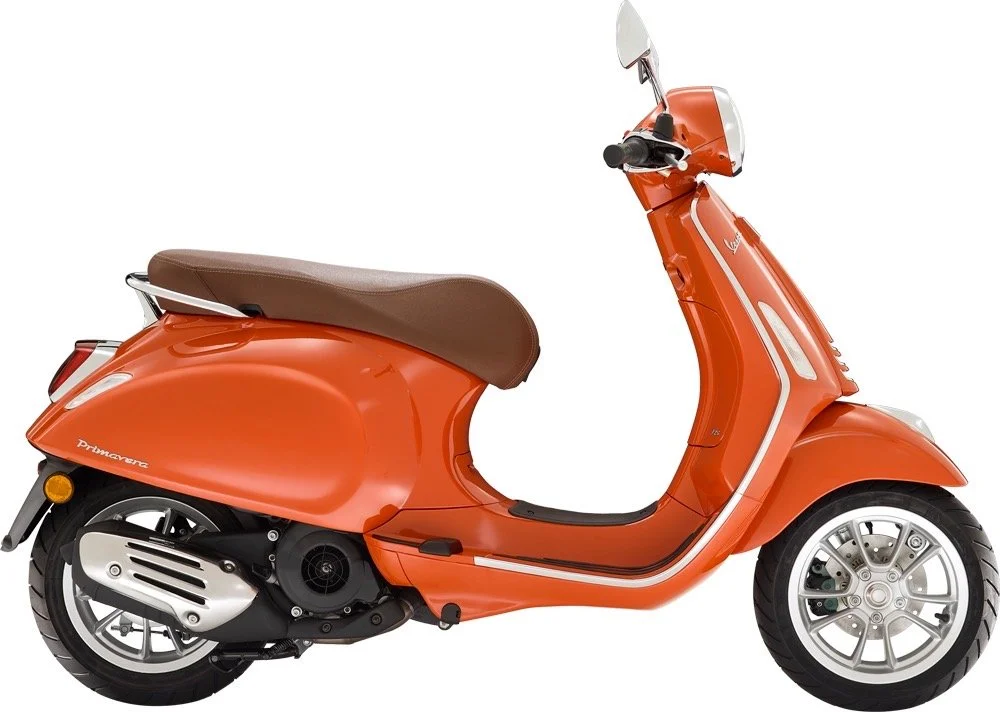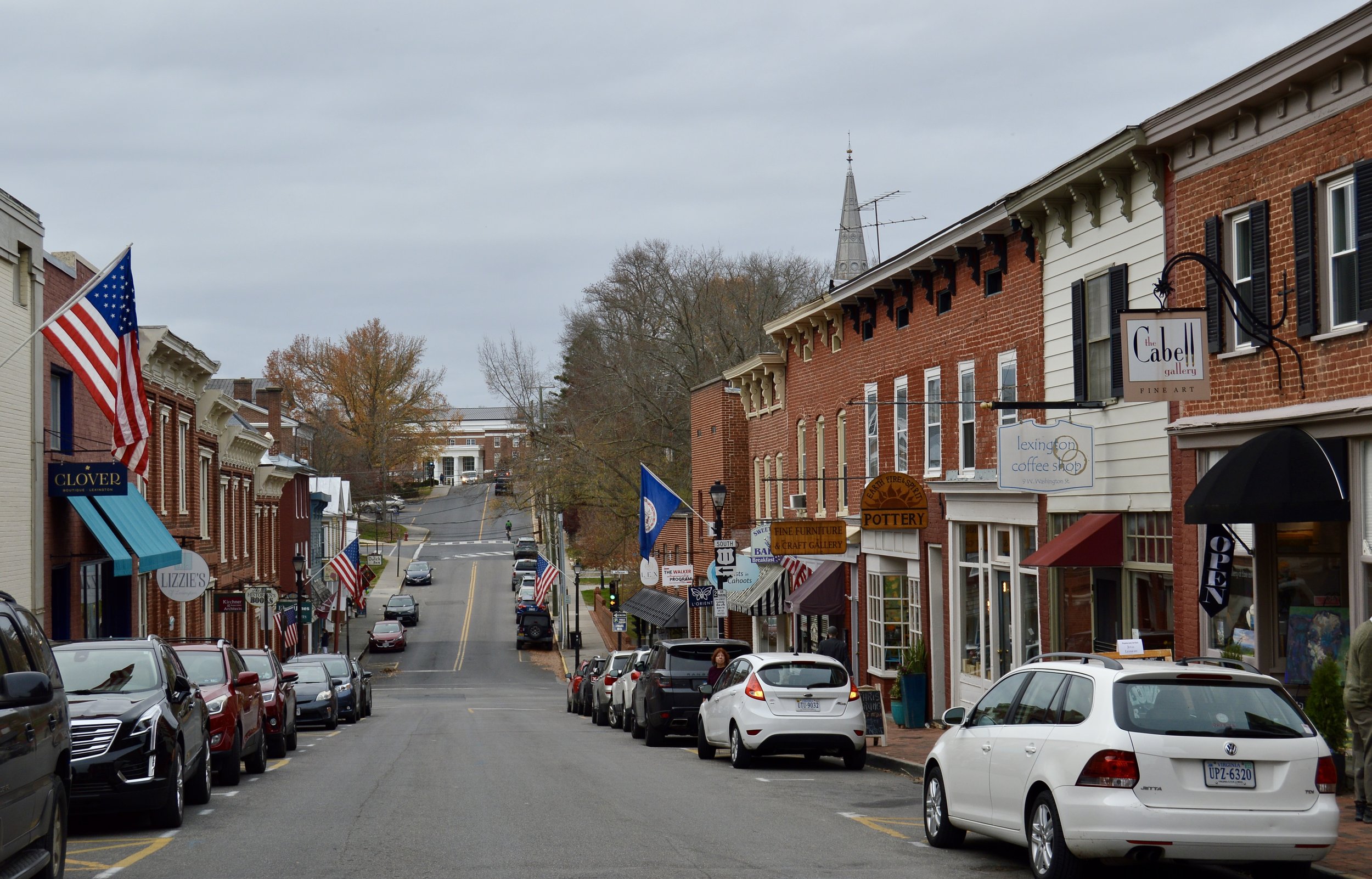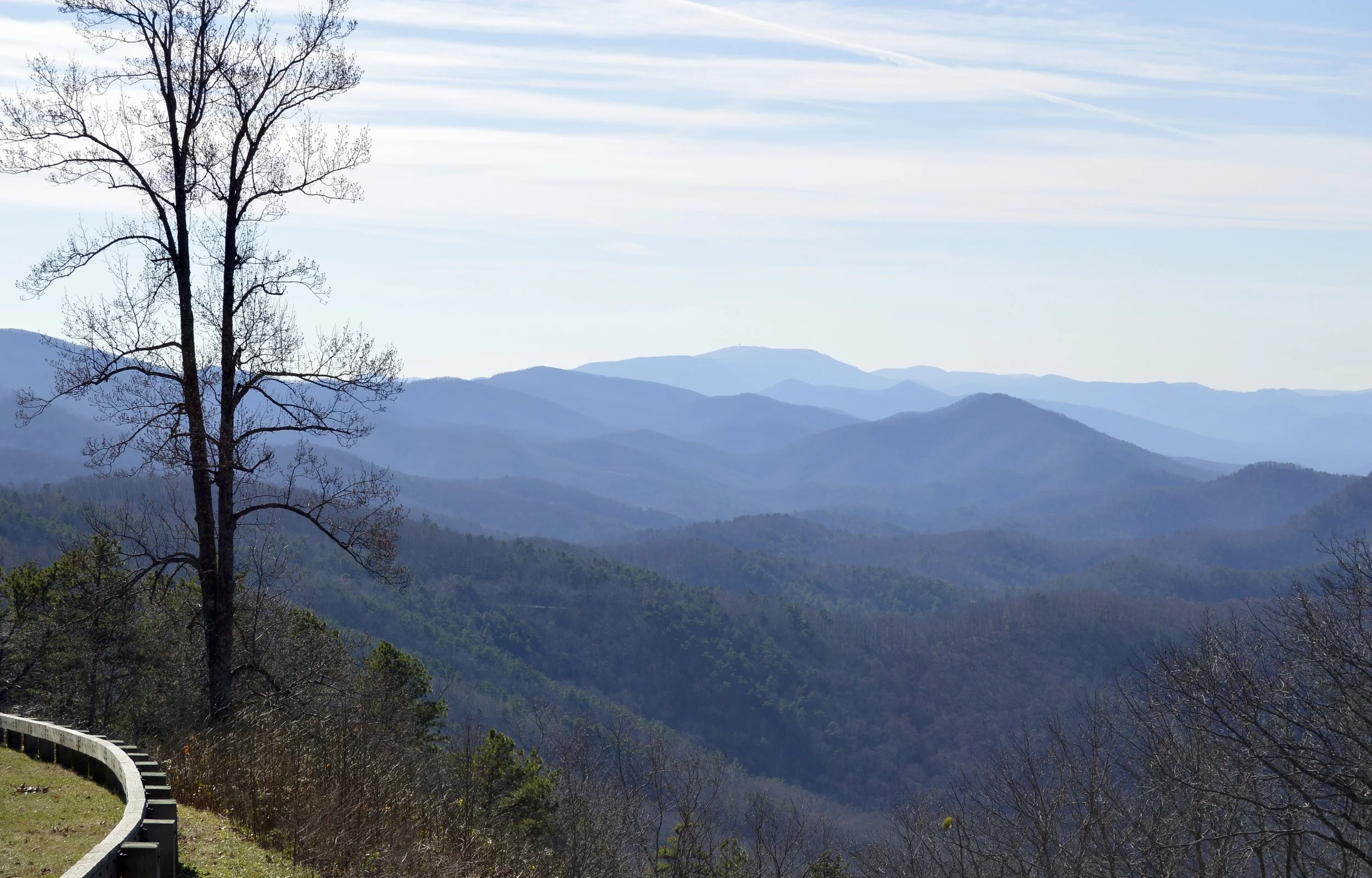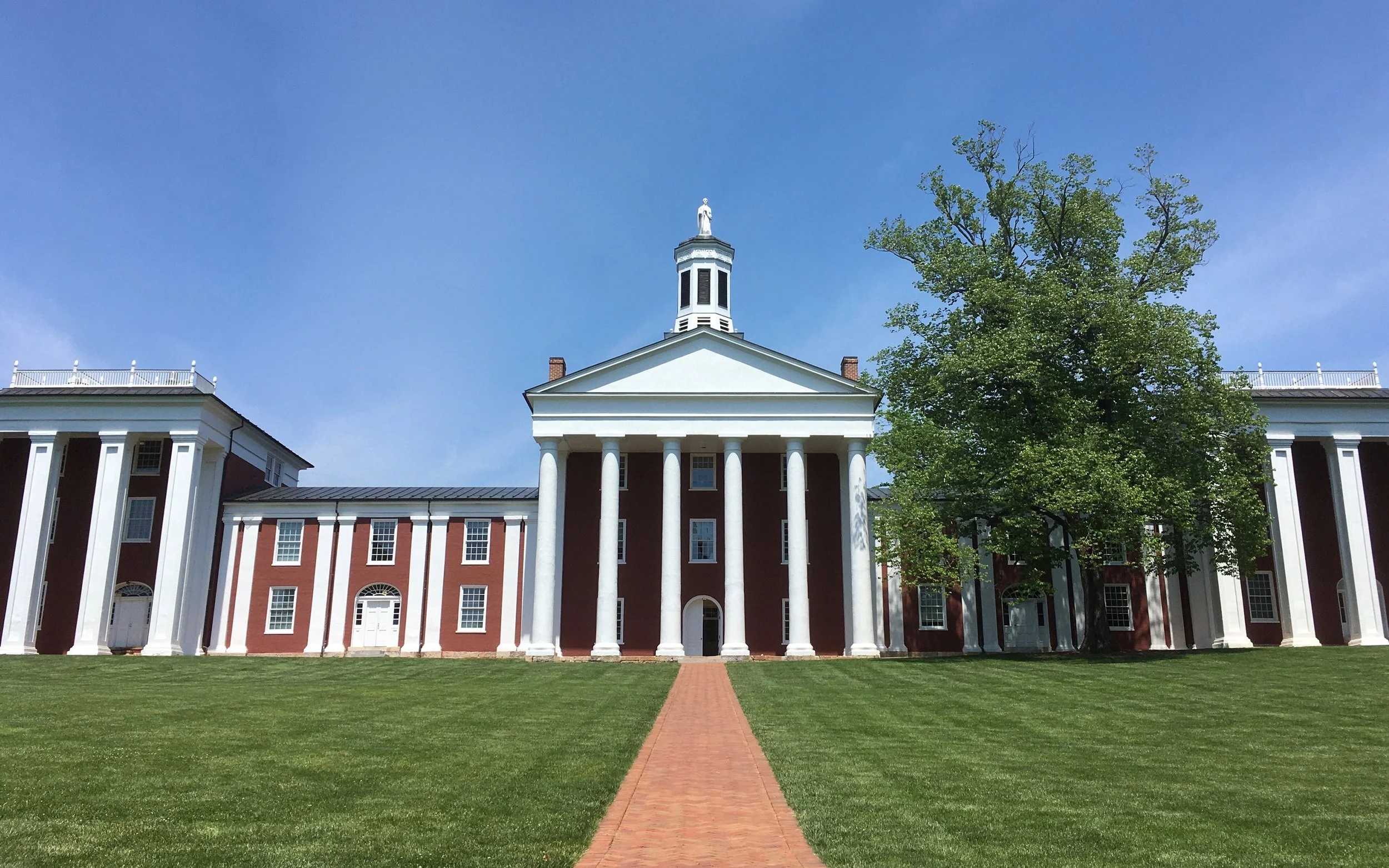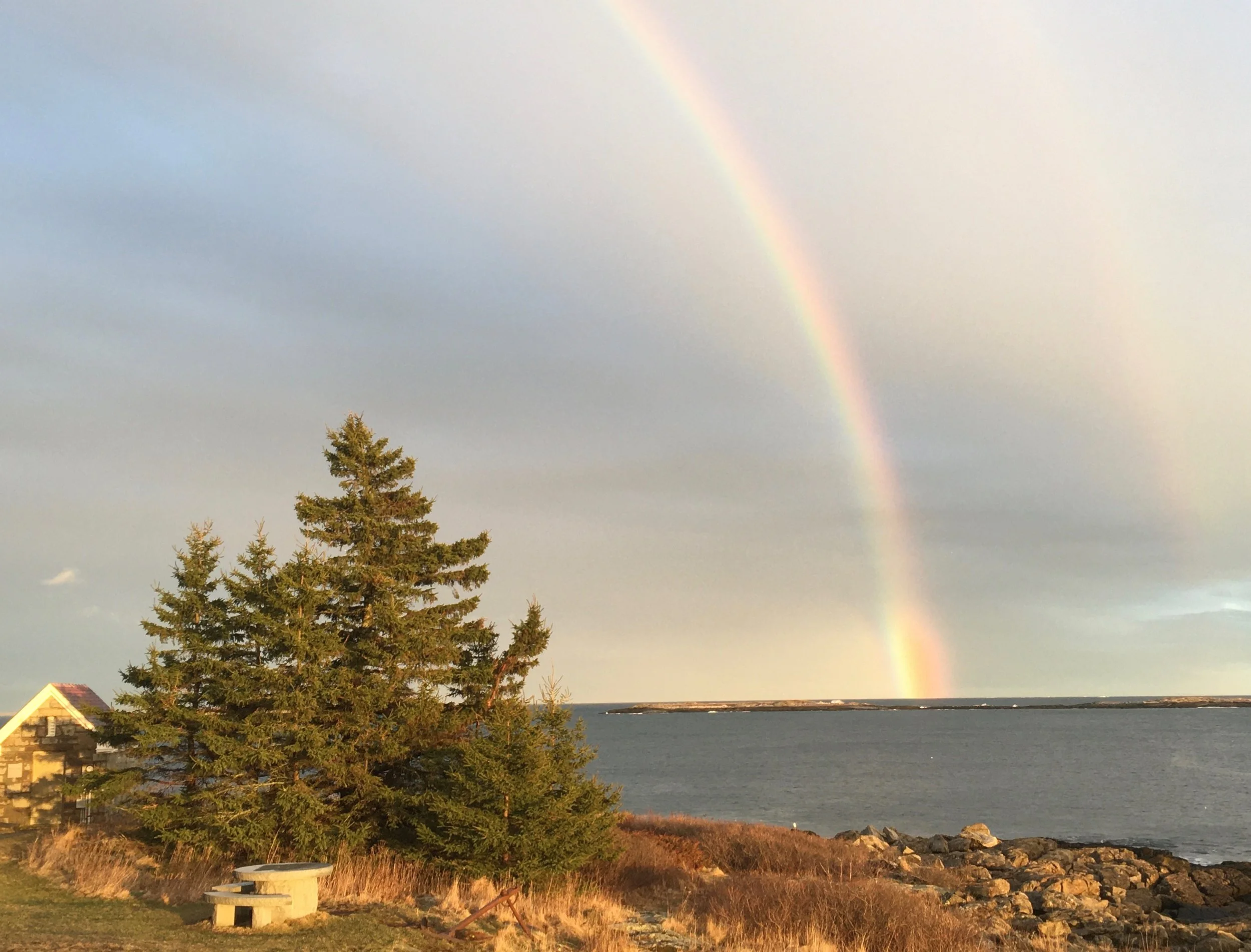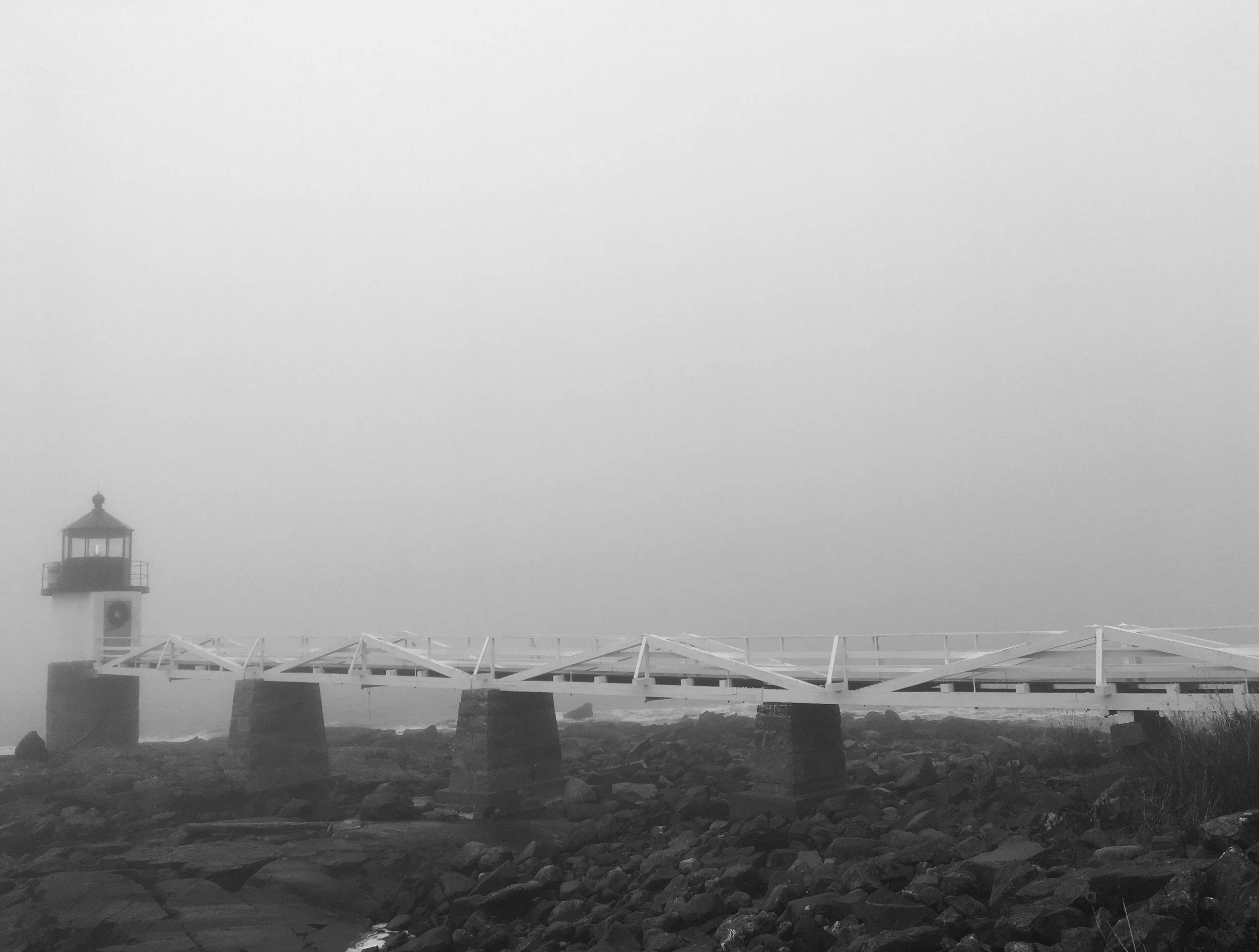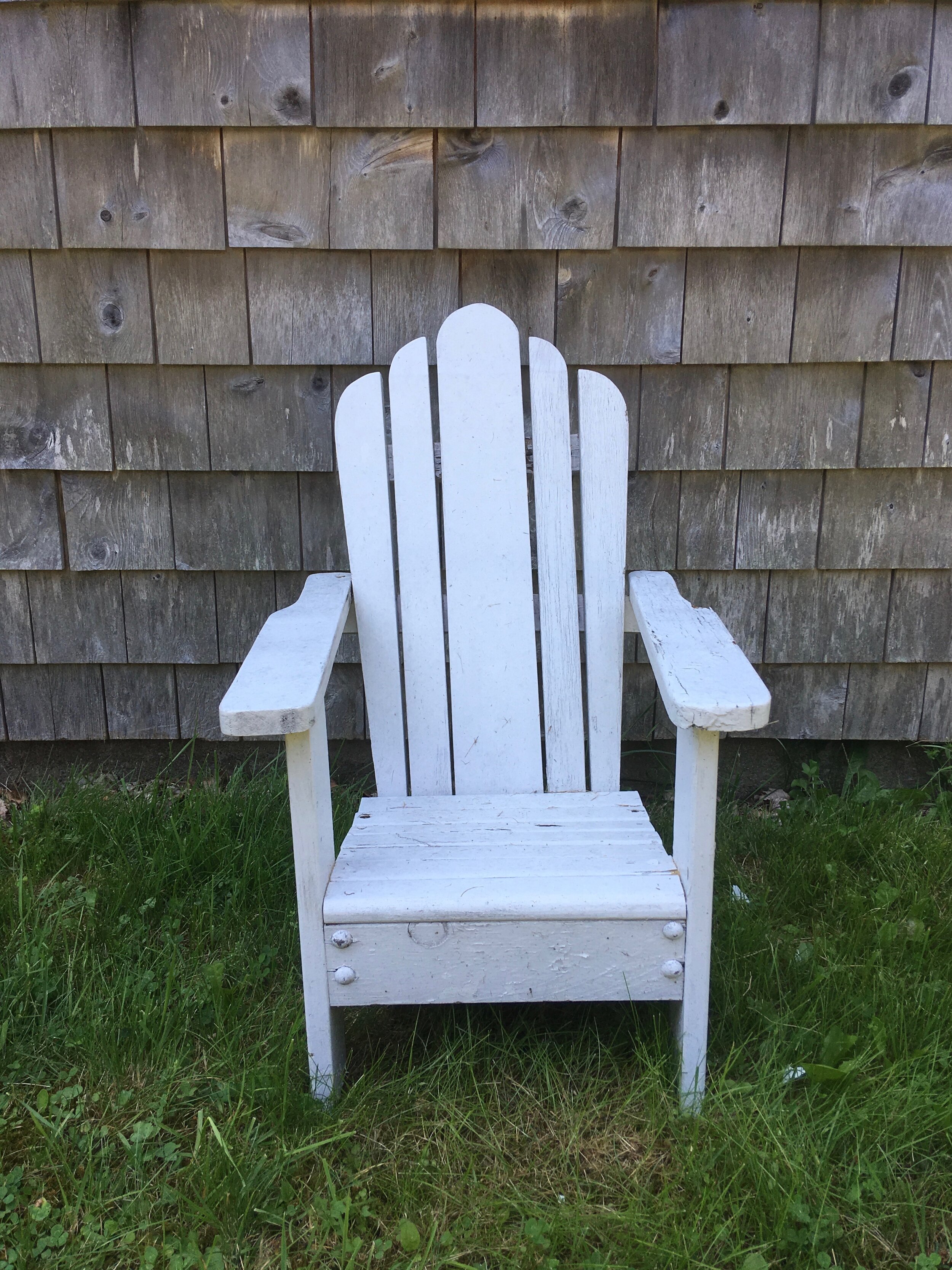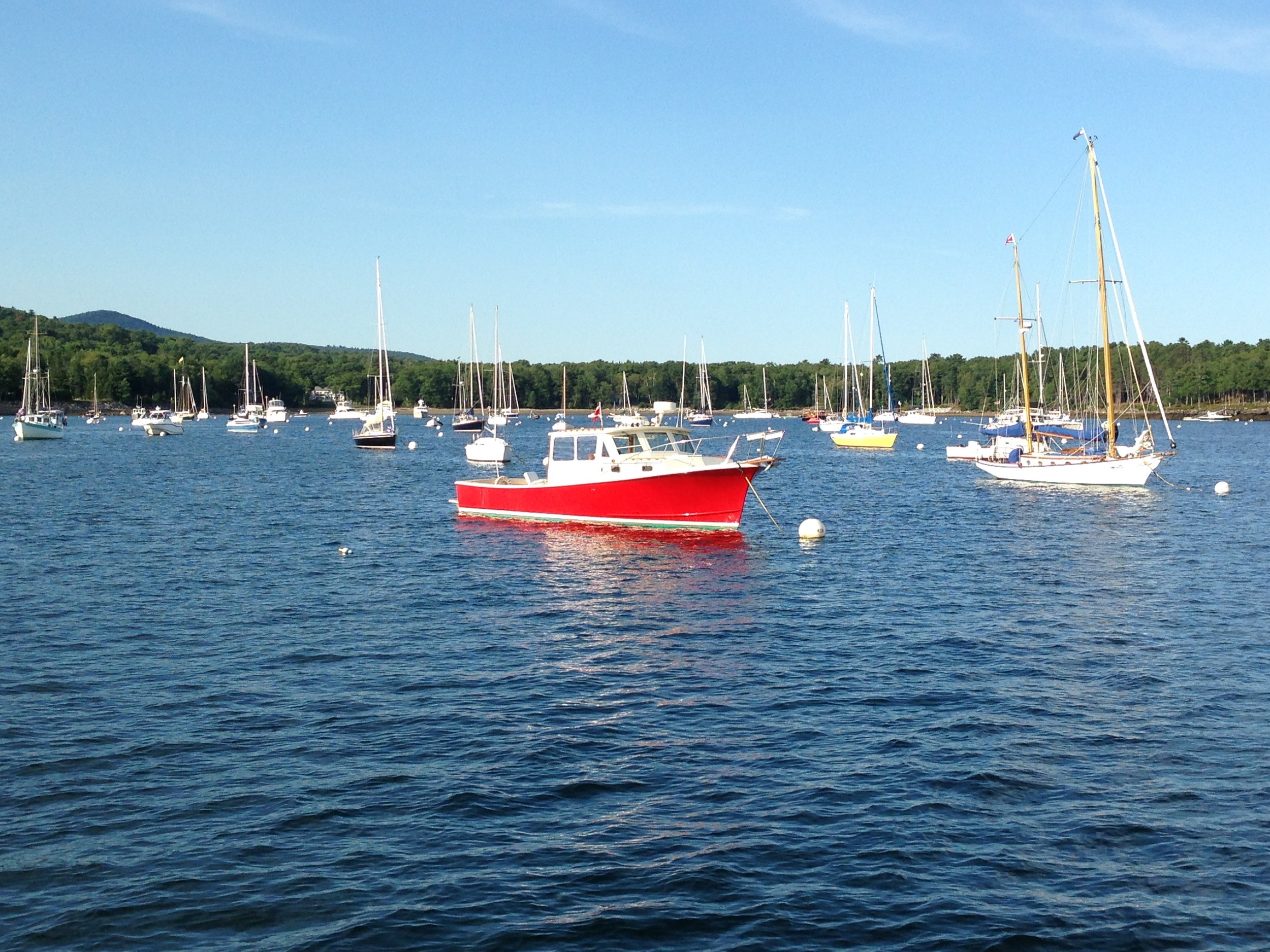My father often suggested that an automobile was one of life’s worst investments given its depreciation over time and the fact that most cars remain parked for an overwhelming period of time, perhaps as much as 95% according to some estimates. So one of the upsides of downsizing to Linda and me is that for the vast majority of our married life we have managed to drive only one vehicle.
With the average annual U.S. car insurance premium of about $2,000, people are gradually realizing the overall costs of owning and operating an automobile. Fortunately, ours is only about half that total, and while Linda and I enjoyed leasing several vehicles, it made sense for us to purchase our sedan outright so we are enjoying driving a debt-free car again. However, I am not giving up my dream of getting another Vespa (maybe orange:) for tooling around town.
Billed as America’s first totally car-free community, Culdesac Tempe is expressly designed for walkability, albeit in the Arizona desert, and it incorporates e-bikes into the mix to enhance its pedestrian-friendly vibe. As their website states, “how you move defines how you live,” and it is encouraging to see movement toward a more sustainable lifestyle alternative. What is even more encouraging is the relatively affordable home pricing for residents.
As Kurt Hoelting writes in The Circumference of Home: One Man’s Yearlong Quest for a Radically Local Life: “The social components of work, family, and community that were once bound together in a village format are compartmentalized here [suburban America] into widely scattered fragments that make little sense on foot. What was originally created around the convenience of cars now remakes the people who drive them into extensions of their own tools.”
And Rebecca Solnit stresses in Wanderlust: A History of Walking: “Walking is only the beginning of citizenship, but through it the citizen knows his or her city and fellow citizens and truly inhabits the city rather than a small privatized part thereof. Walking the streets is what links up reading the map with living one’s life, the personal microcosm with the public macrocosm; it makes sense of the maze all around.” So here is to exploring lifestyle alternatives.
